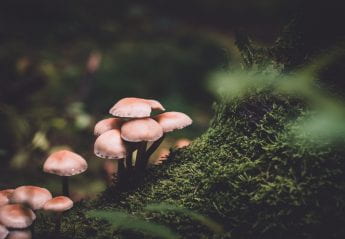- List five compelling take-aways from the Art of the Start.
- I loved the first tip from the Art of the Start video because money comes and goes but as long as you you have a good product that boosts the quality of life, then all you need to do it focus all of your energy into the product and money will come automatically.
- Instead of waiting for opportunities, it is imperative that you get started on something even if it is doing little things.
- It is vital to set up milestones for your projects to always be on task. Achieving these milestones not only boosts the morale of the team but also makes sure that everyone is always doing what they are supposed to be doing.
- The tip about hiring better than yourself was quite fascinating because if you hire someone that is better than you, you will learn from them and have someone to compete against.
- Lastly, not letting people discourage your work is a very valuable tip because people always say whatever comes to their mind. However, this should never get in the way of your work because it does not matter what others say. As long you believe in yourself and your work, you can attain anything. In other words, there is no limits as to what you can achieve if only you have a strong willpower.
- Articulate your value propositions for your diverse customer segments.
We are providing a source of nutrition at a low cost to malnourished families in less-developed populations. The food item can be integrated into the families’ everyday meals.
- Discuss your Total Available Market and Total Addressable Market. List all your assumptions and hypothesis.
Total Available Market:
The population of Makeni is 124,634. Almost 90% of the people suffer from some sort of malnutrition.
All of the people that visit the local market in Makeni could be interested in our product. Malnutrition exists in almost all of their lives so a cheap source of food would be enticing to all.
Total Addressable Market:
Our goal is to reach at least 1 to 3 percent of this population which is between 1,246 to 3,739 people. This can be done by making our product reasonable enough that people can actually buy it.
We are hoping to reach mothers who shop at the market for their family at home. We are specifically fighting malnutrition and stunting within the child population. The mothers would be the ones purchasing the food for their families.
